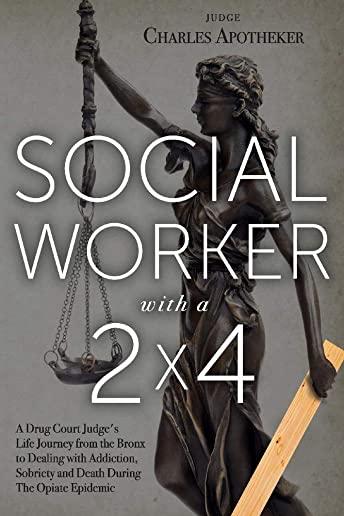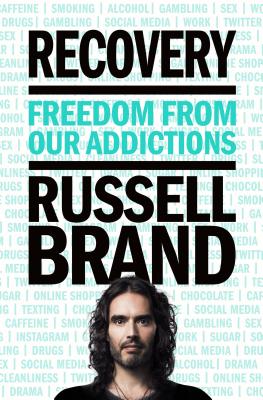
Apotheker, Charles
product information
description
5Born near the Sedgwick projects in the southwest Bronx, the author tells a true story of an ordinary kid from a middle class family, educated in the public schools, a victim of sexual abuse as a young teenager by a prominent doctor, going to college in the morning while driving a mail truck afternoons, evenings and weekends, Basic Training in Fort Polk, LA in the summer of 1969, law school, marriage, moving to the suburbs, children, starting a legal career as an Assistant County Attorney, going to the US Supreme Court, and becoming a judge at 33 years old. If you told me growing up that one day I would be in a position to help hundreds of addicts in the criminal justice system find recovery and lead normal lives, I would wonder what you were smoking. Letters sent from jail and from grateful Drug Court graduates contrasted with the tragedies which addiction is so aptly capable of, form the outline of this memoir. These letters and stories shed light and information about how drug court works, how difficult recovery is, and how a judge, acting more like a social worker, uses his training and talent to change behavior; sometimes with the help of that figurative 2' by 4'.
------------------------------------------------------------------------------------------------------------
I have visited many drug courts across the country. Everyone is different. Each one reflects the community it serves, the drugs abused, the availability of treatment providers, and many other individual characteristics that the drug court team need to take into consideration in designing and running a special court of this nature. When I first visited Judge Apotheker's Court, for a graduation ceremony, I could tell that the magic ingredient was his passion, dedication, and sensitivity. Not only was he considerate of the struggles his participants faced but he had surrounded himself with a team of professionals who had created an inspiring program. The Rockland Drug Treatment Court offered meaningful help in an atmosphere of sincere concern while promoting accountability and honesty. Watching Judge Apotheker interact with his participants was eye opening. He seemed to know each one, was familiar with their story, and was able to motivate them to want to do better. Clearly something in his own background prepared him to know the right thing to say to each one. Having now read the story of his experiences, I better understand the influences which made him such an exceptional Drug Court Judge. Judge Jo Ann Ferdinand, Brooklyn, NY Drug Treatment Court (Ret).
------------------------------------------------------------------------------------------------------------
I have visited many drug courts across the country. Everyone is different. Each one reflects the community it serves, the drugs abused, the availability of treatment providers, and many other individual characteristics that the drug court team need to take into consideration in designing and running a special court of this nature. When I first visited Judge Apotheker's Court, for a graduation ceremony, I could tell that the magic ingredient was his passion, dedication, and sensitivity. Not only was he considerate of the struggles his participants faced but he had surrounded himself with a team of professionals who had created an inspiring program. The Rockland Drug Treatment Court offered meaningful help in an atmosphere of sincere concern while promoting accountability and honesty. Watching Judge Apotheker interact with his participants was eye opening. He seemed to know each one, was familiar with their story, and was able to motivate them to want to do better. Clearly something in his own background prepared him to know the right thing to say to each one. Having now read the story of his experiences, I better understand the influences which made him such an exceptional Drug Court Judge. Judge Jo Ann Ferdinand, Brooklyn, NY Drug Treatment Court (Ret).
member goods
No member items were found under this heading.
Return Policy
All sales are final
Shipping
No special shipping considerations available.
Shipping fees determined at checkout.







